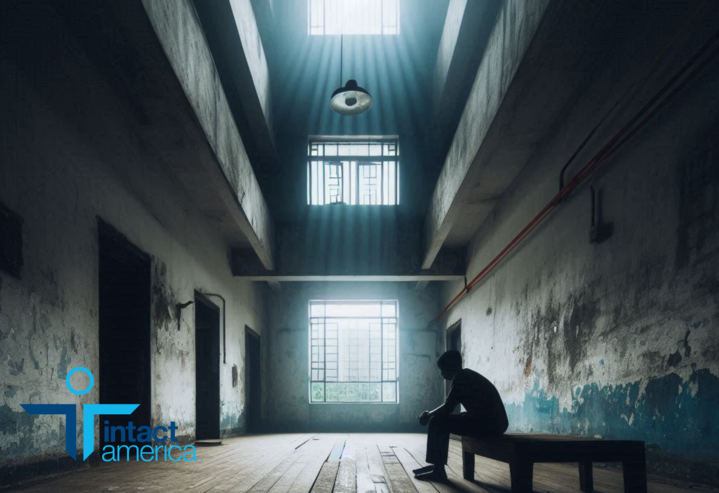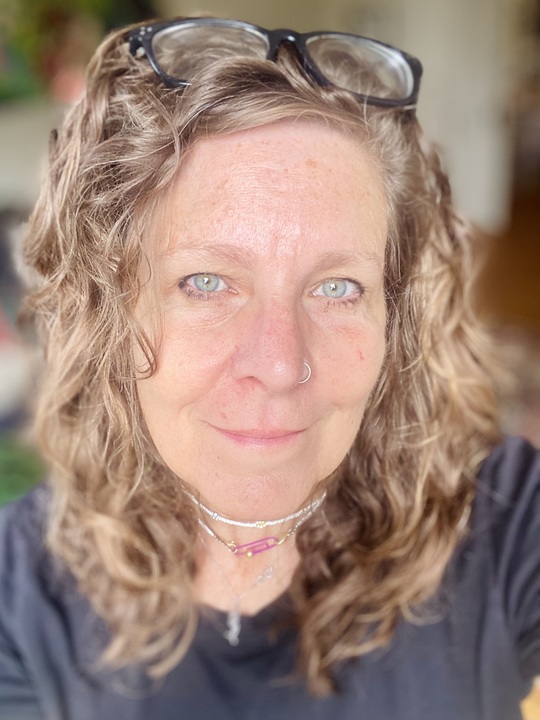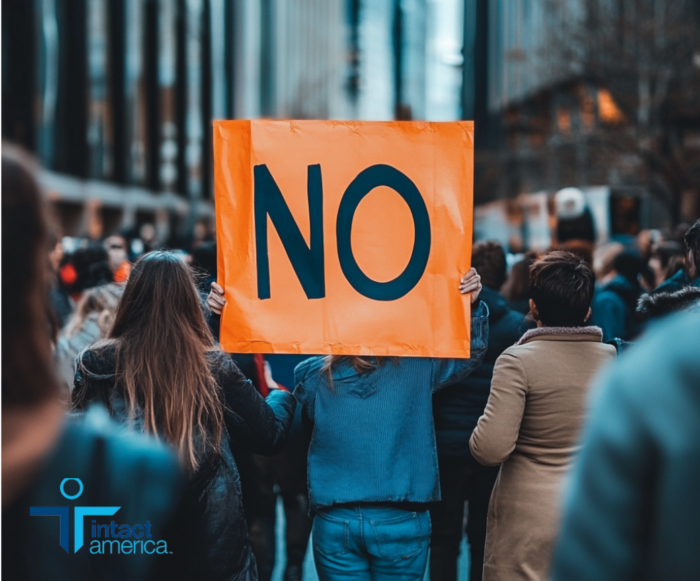
Loneliness. It’s that gnawing feeling that strikes when you’re scrolling through social feeds, surrounded by people, yet feeling like the odd one out. In our ultra-connected, always-on world, loneliness has reached what experts call epidemic levels. We’re wired for connection, yet modern life—fueled by workaholism, social media, and a culture that prizes busyness—often keeps us from the meaningful bonds we crave.
This isn’t about simply spending time alone; it’s about a gap, a disconnect, from the world and people around us. In this article, we’re going beyond the surface to understand why we feel lonely and how we can combat that isolation with purpose. Through intentional actions, social interaction, and honest self-reflection, we’ll dig into everything from the crucial role of friendships and social ties to the unspoken secrets that keep us apart.
The Difference Between Loneliness and Isolation
Isolation is physical, a choice we sometimes make to recharge or focus. But loneliness is emotional—feeling alone, even in a room full of people. It’s the hollow sensation that, despite the noise and chaos, no one really gets us. I’ve felt it, and I bet you have too.
Why Are We So Lonely?
One huge factor? Friendship today isn’t what it used to be. Gone are the days of spontaneous drop-ins and unplanned weekends. Now, friendships often feel like an extra task on our to-do lists, rather than the lifeline they truly are. I felt this in my own life when I moved to a new city; everyone seemed wrapped up in their own worlds, and building connections took more than a smile or a quick chat. Research highlights that social interactions—good ones, anyway—can be as essential to our health as diet or exercise. So, when those connections are missing, we feel it in every corner of our lives.
Keeping secrets can add to this disconnect. Hiding parts of ourselves, especially out of shame or fear of judgment, means we’re missing out on authentic bonds. Vulnerability, as Brene Brown famously says, is the birthplace of connection. But it’s not easy to be vulnerable in a world that prizes perfect Instagram feeds over real-life authenticity.
Everyday Interactions and the Power of Community
While deep friendships are essential, don’t underestimate the power of everyday exchanges. I’ll admit, there were times when I’d grab coffee in silence, checking my phone to avoid eye contact. But I’ve found that a quick “How’s it going?” to the barista, or even a smile to a passerby, can remind me that I’m part of a broader community. Little moments like these aren’t insignificant—they’re reminders that you belong, even in small, fleeting ways.
The Dark Side of Digital “Connection”
Social media promised to keep us connected, but often it feels like just the opposite. The endless feeds of curated perfection can leave us feeling like we don’t measure up, making real-world connections seem less appealing by comparison. Setting boundaries with screen time has been a game-changer for me—especially during meals or walks when I consciously choose to be present. It’s a reminder that no “like” or “comment” can replace the warmth of a real conversation.
Friendships Need Work—and It’s Worth It
We’re in what some experts call a “friendship recession.” It’s not just about having people around, but about cultivating deep, lasting connections. I’ve learned that friendships take effort—texting first, scheduling that coffee date, and putting in the time without expecting anything in return. It’s about letting go of the idea that relationships should be convenient and embracing that the best ones often take the most work. After all, a meaningful connection doesn’t just happen; it’s built, one moment of vulnerability at a time.
Why Are Connections So Important?
Solid friendships don’t just lift our spirits—they can extend our lives. Studies show that people with robust social networks live longer and experience less stress. It’s been said that loneliness can be as detrimental to our health as smoking 15 cigarettes a day. So if you’re ever doubting whether it’s worth putting in the effort, remember this: real connections are life-enhancing, even life-saving.
Taking the First Steps to Overcome Loneliness
Ready to make a change? Start small. Make eye contact, offer a smile, or say “hello.” Challenge yourself to put your phone down when you’re around others. It doesn’t mean you have to be everyone’s best friend, but these micro-connections can bridge the gaps we all feel. Sometimes, it’s not about grand gestures but small, intentional acts that remind us we’re not alone. If you’re stuck on where to start, journaling can be a helpful tool. Dig into why you feel lonely and what barriers might be keeping you from connecting. It’s an ongoing journey, one that takes effort but promises real rewards.
Moving Forward
In a world where loneliness has become the new normal, finding ways to foster connection isn’t just beneficial—it’s essential. It’s time we start looking past the screens, making time for each other, and choosing vulnerability over perfection. Connection might be rare, but it’s possible. And I promise, it’s worth every bit of effort. For more insights, check:
Podcast on Loneliness: Listen on Spotify
Website: Juliana Bruno









No Comments